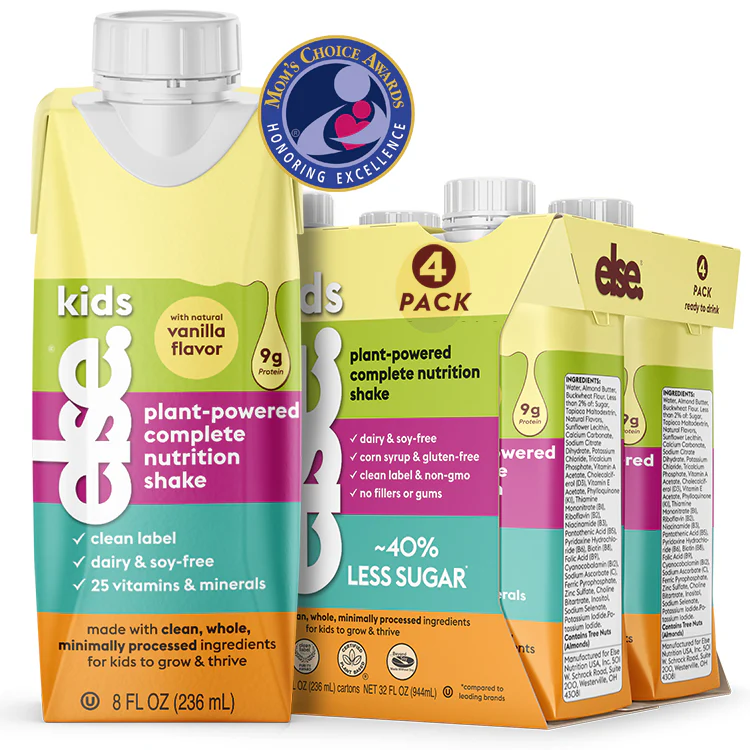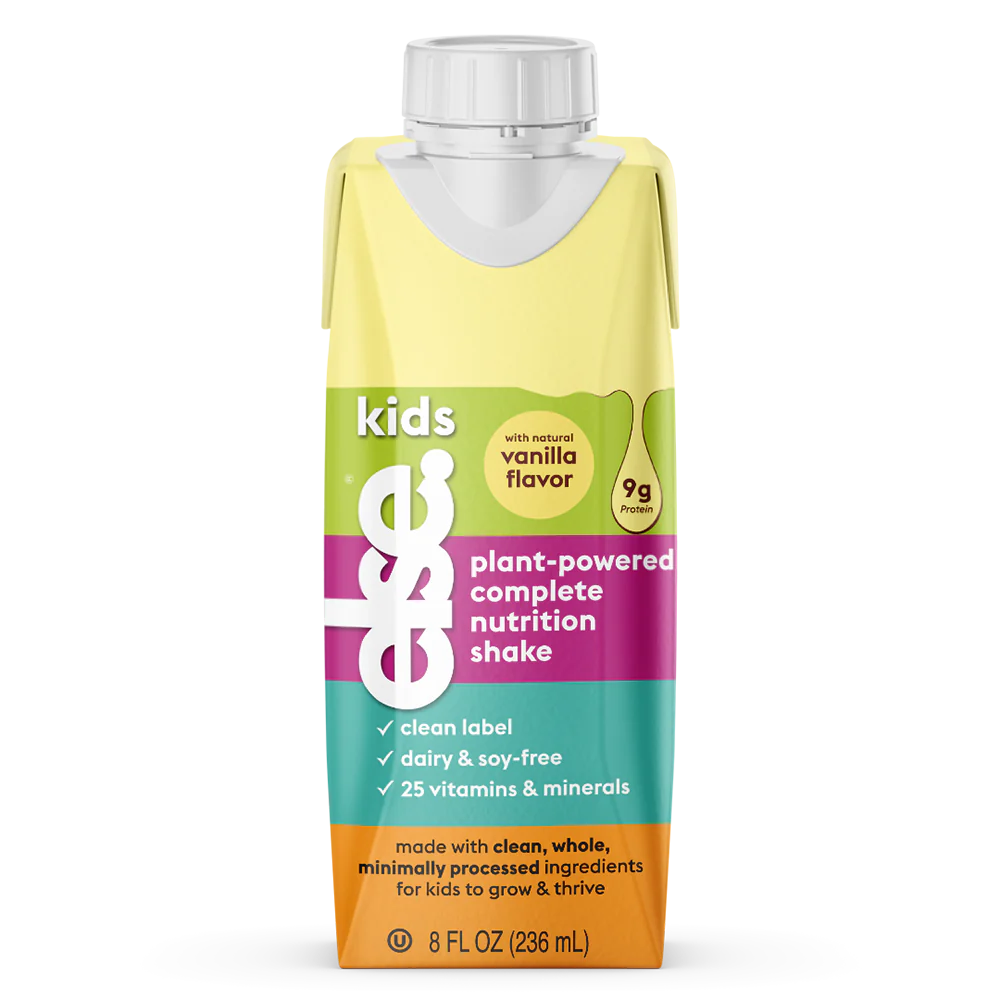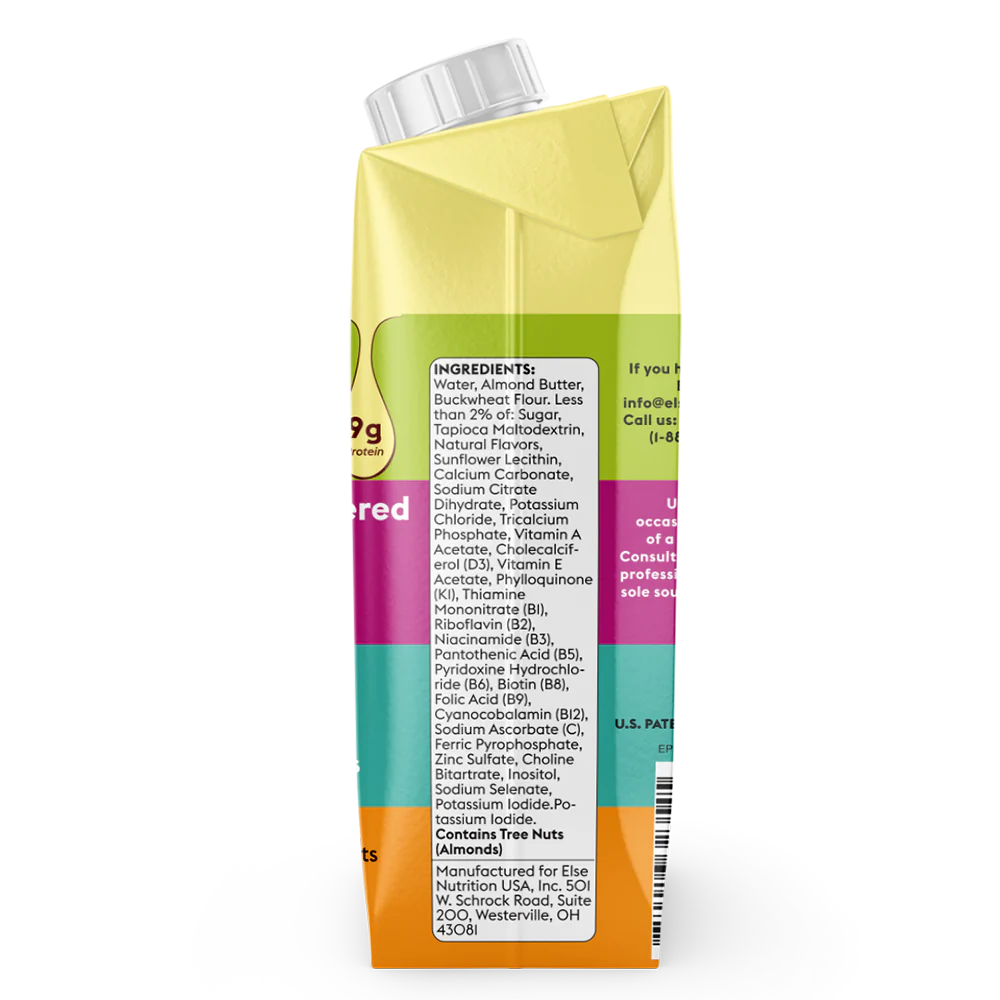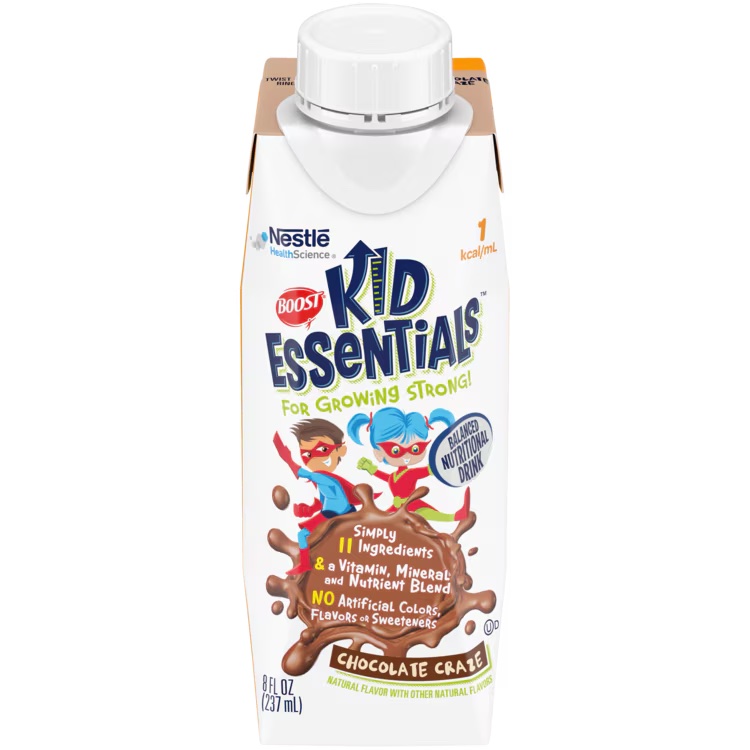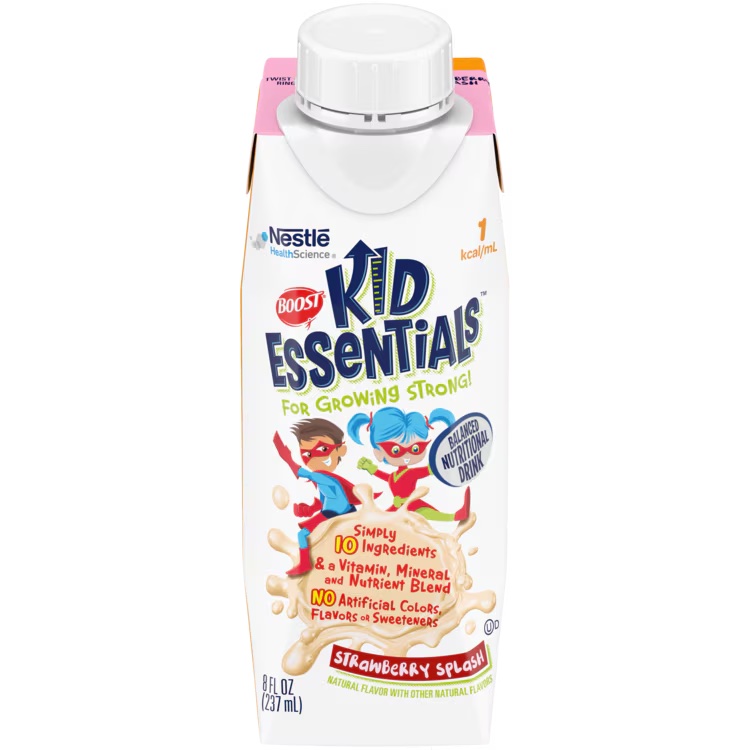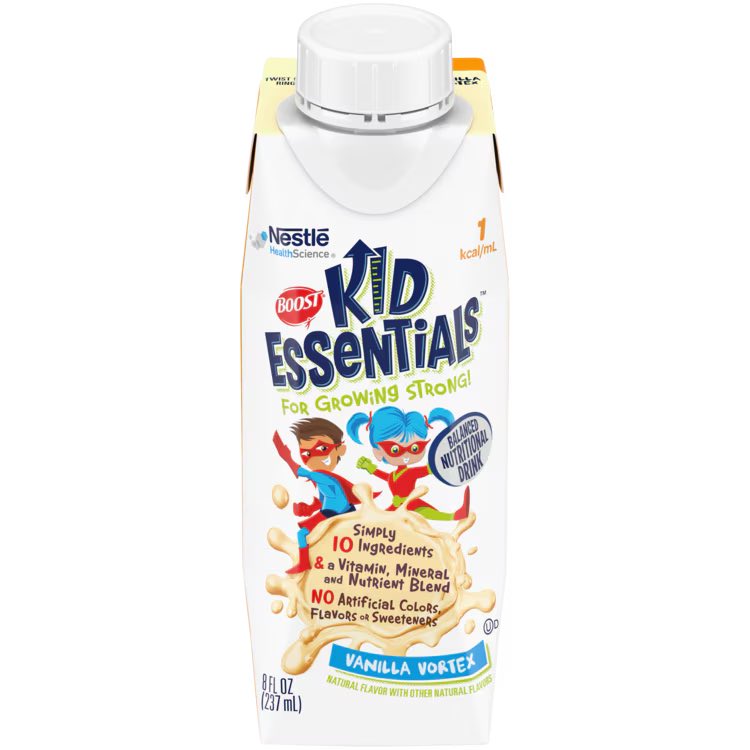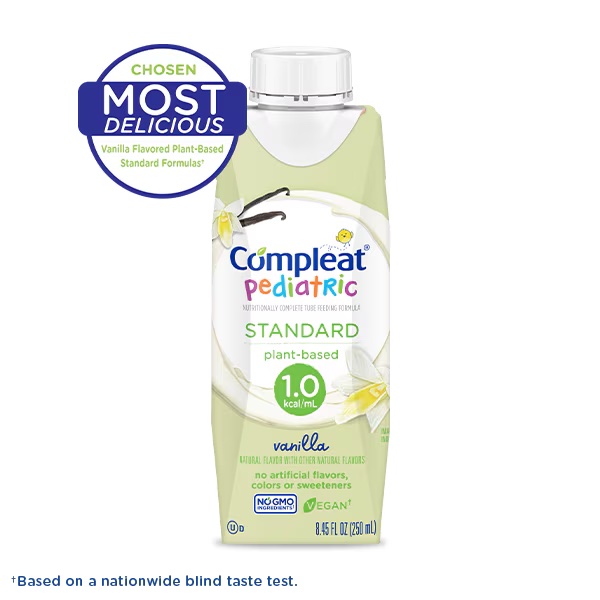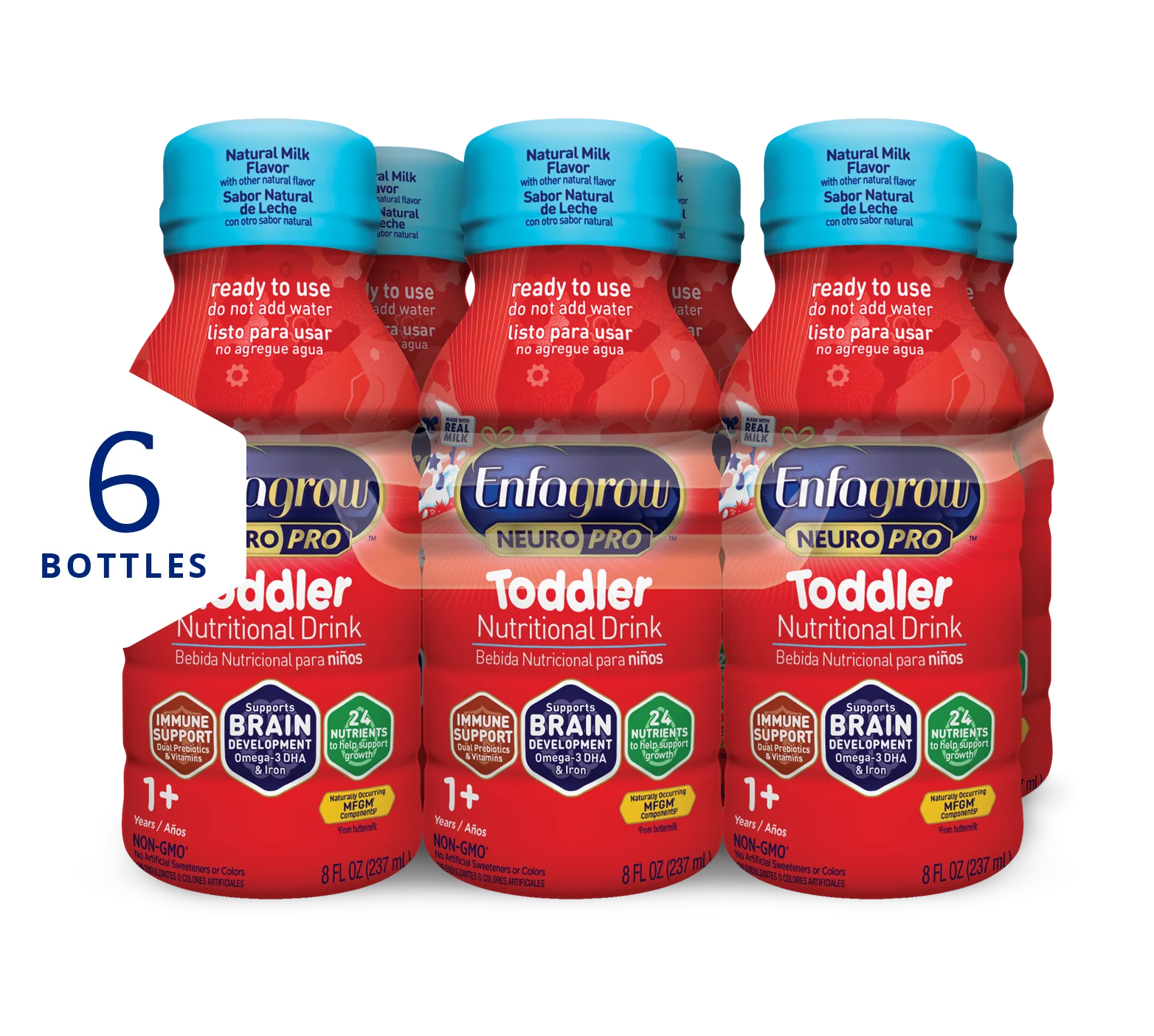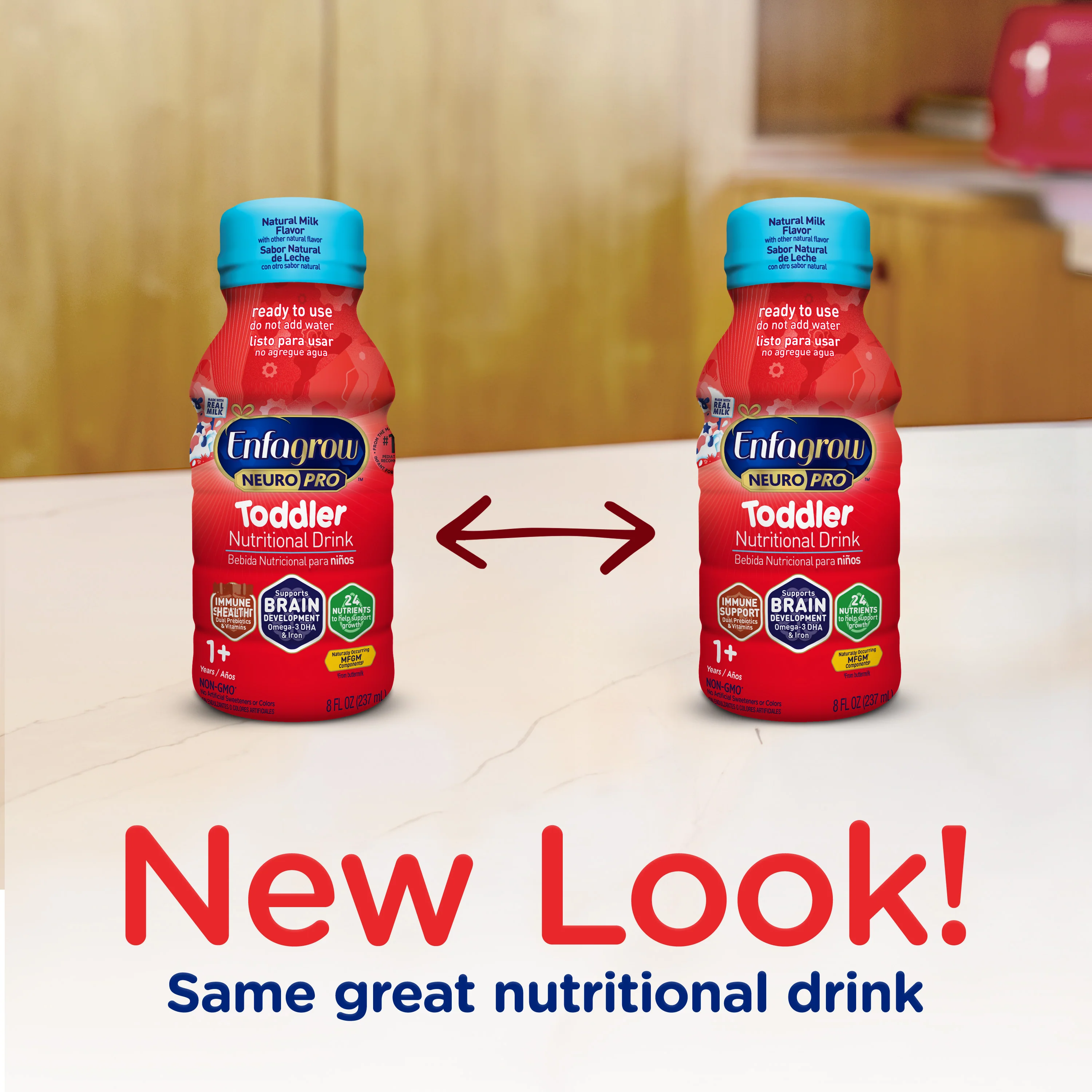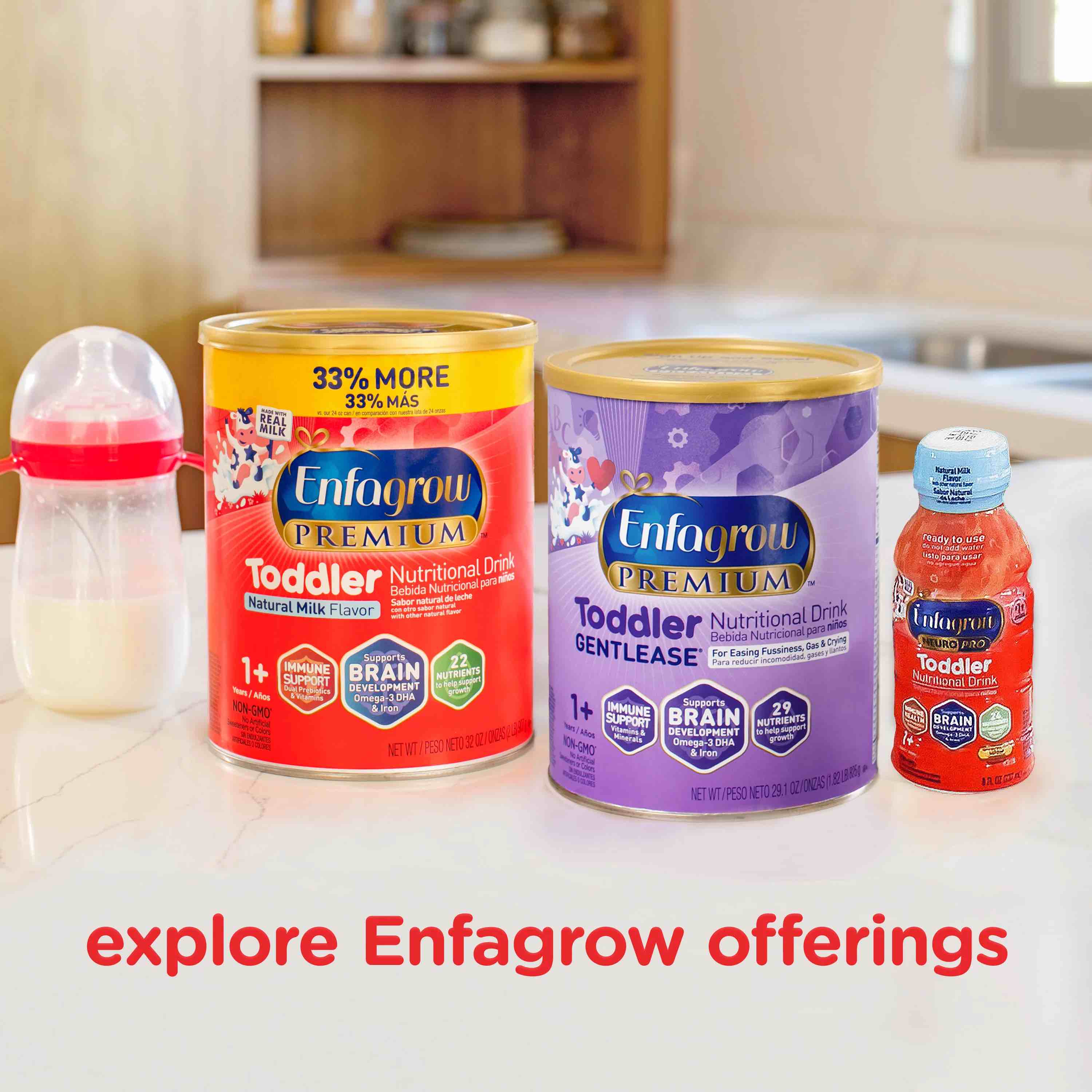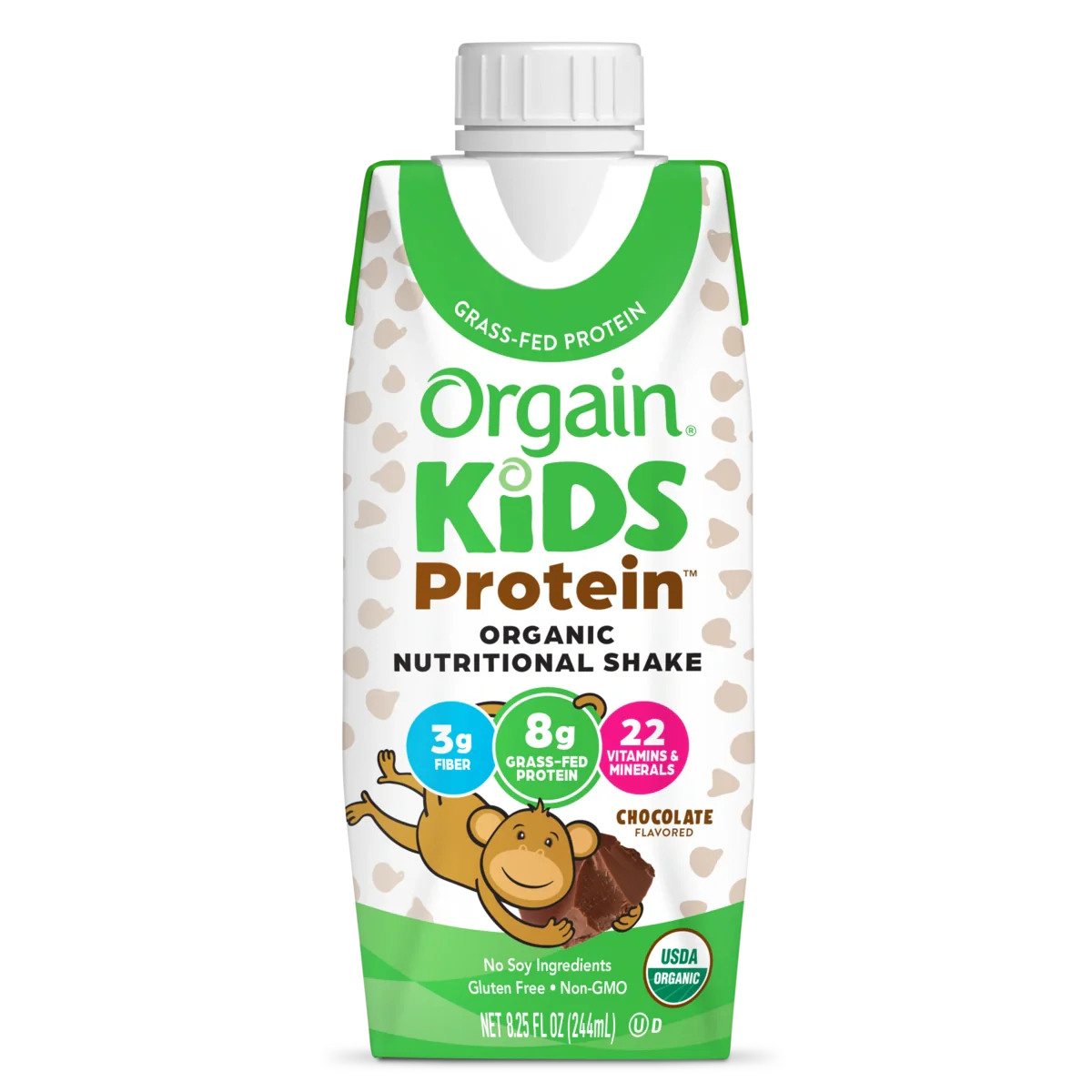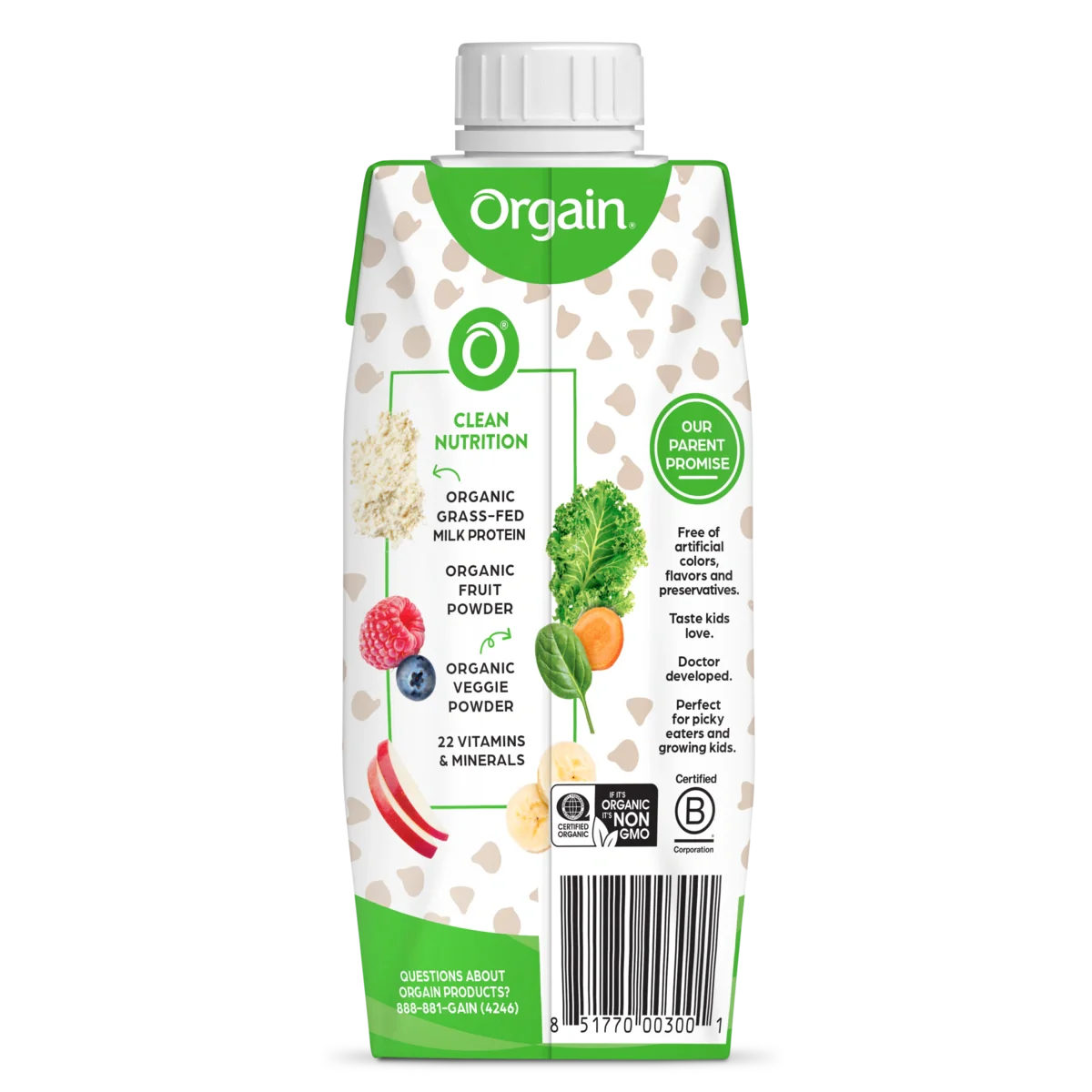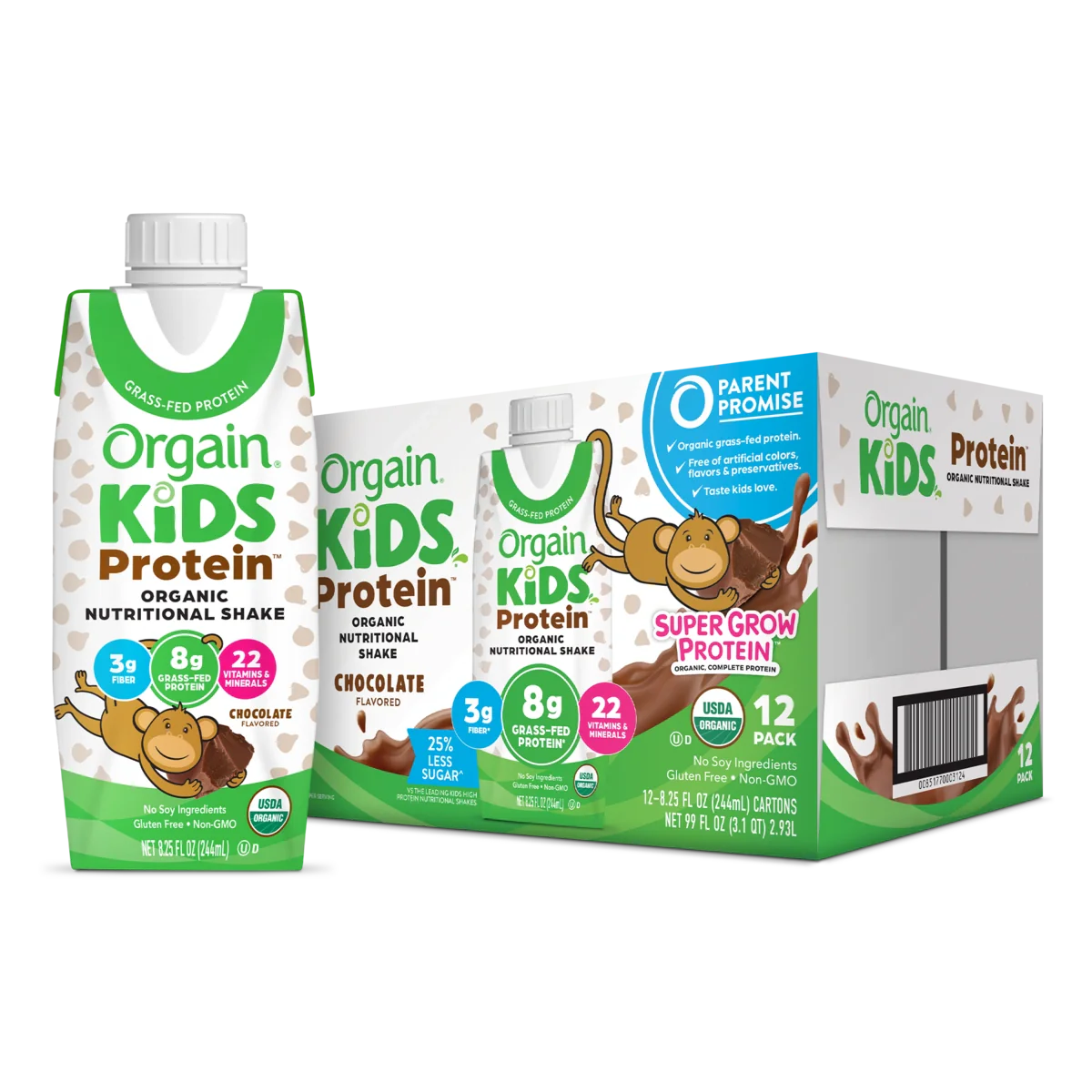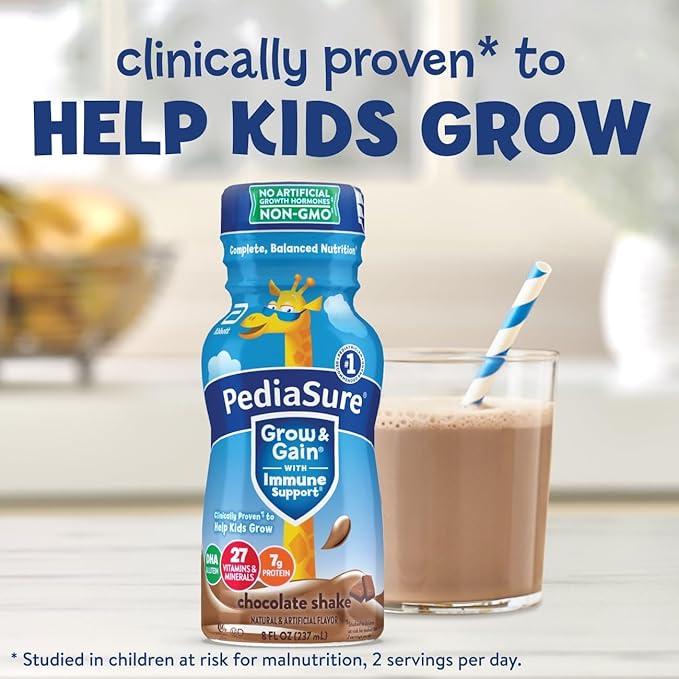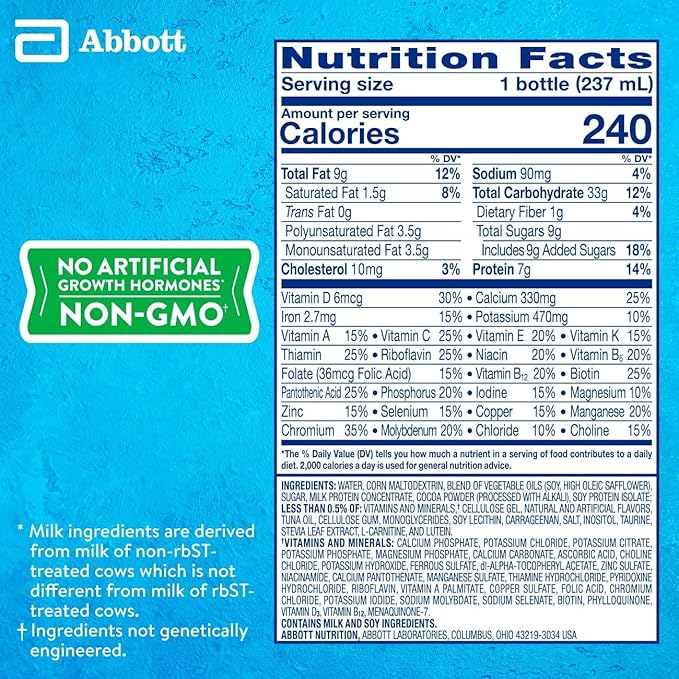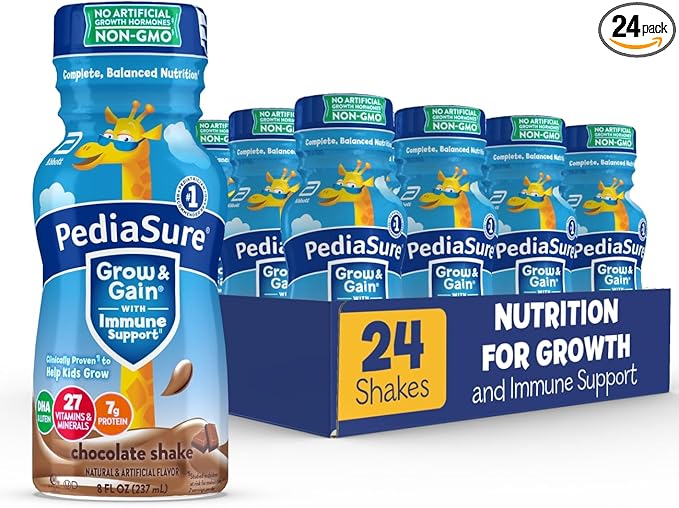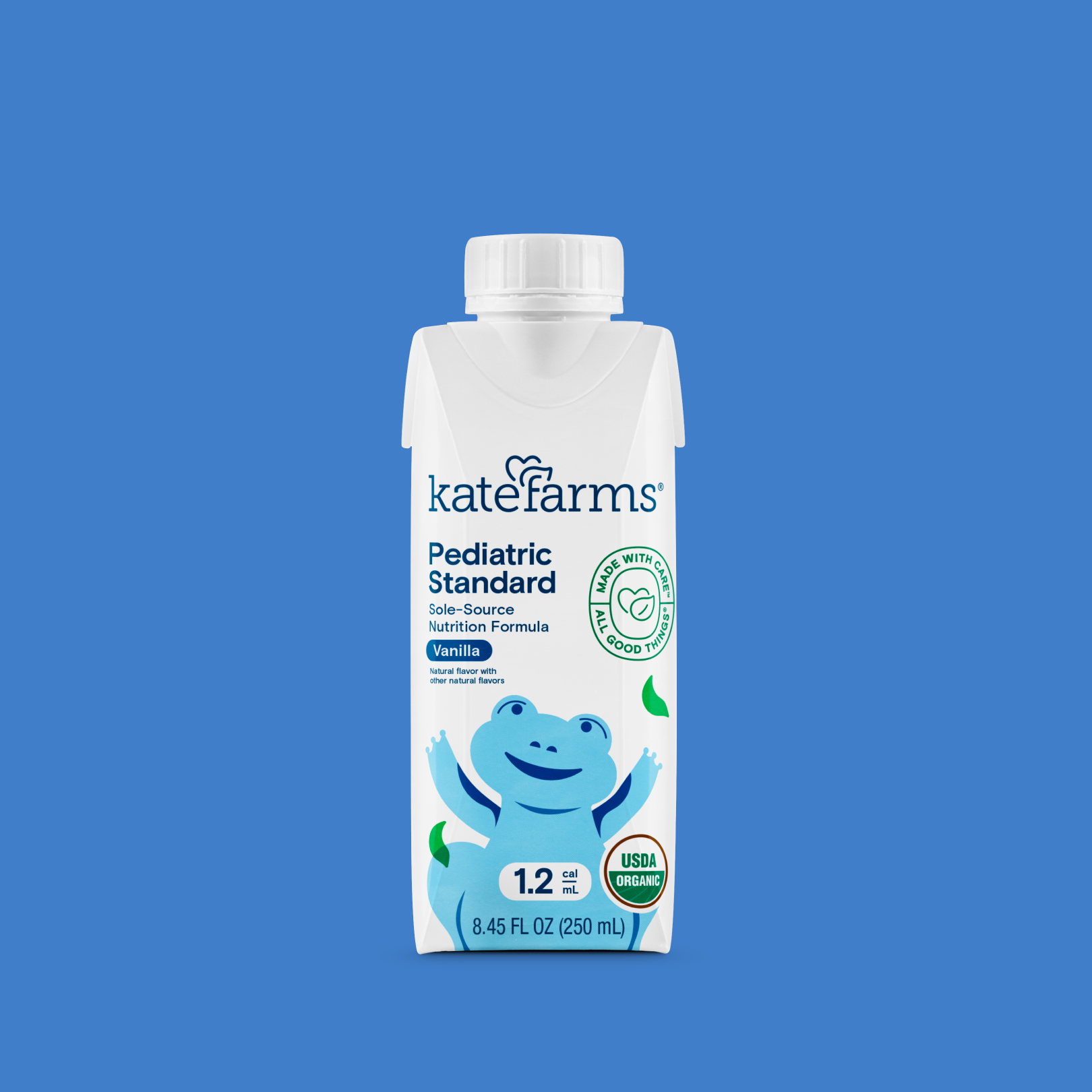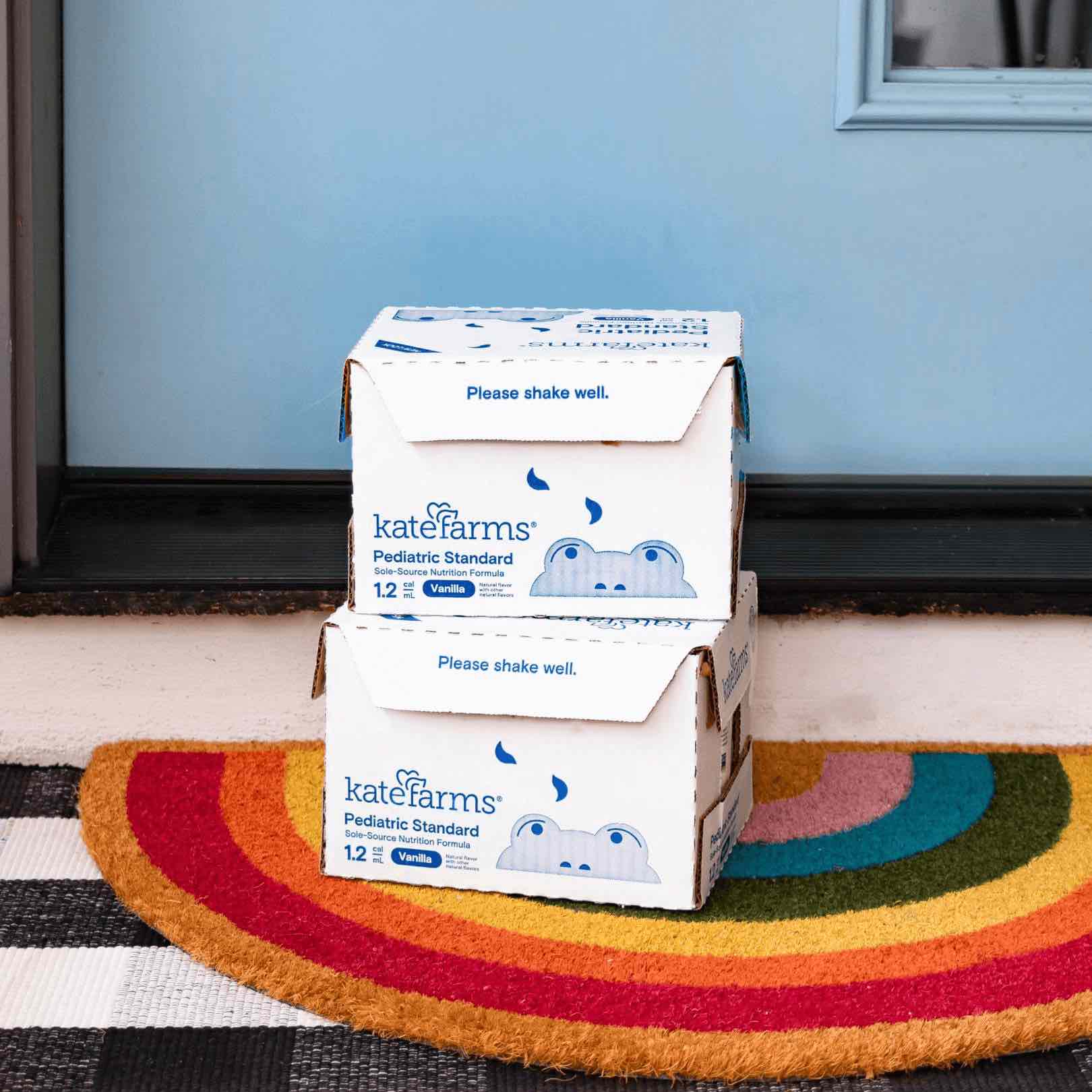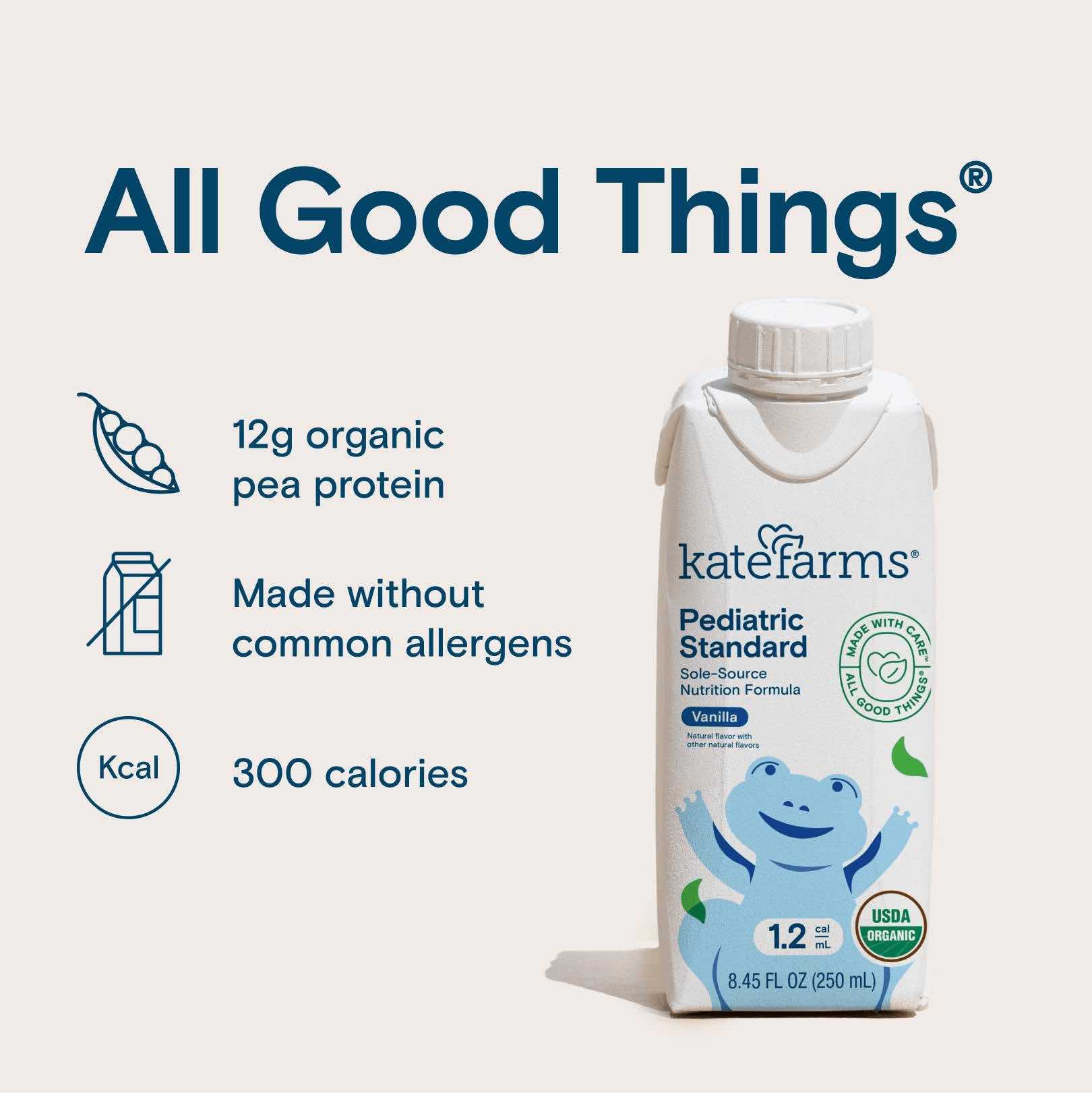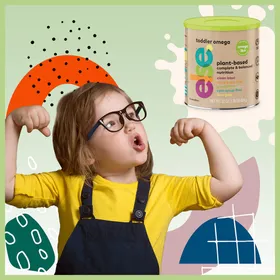7 Best Protein Shakes for Kids: Build Strong Bodies
Fuel their growth: Nourish your child's potential with the best protein shakes for kids
Updated November 28, 2024

Every parent wants to give their child the best start, including nourishing them with the right foods. While a diet packed with fruits, vegetables, and whole grains is essential, there may be times when a protein shake can offer an extra nutritional boost.
This guide will help you understand when, why, and how to introduce protein shakes into your child's routine to ensure they receive the best nourishment.
» Choose a nutritious way to boost your kid's protein with a shake
Our Pick: Best Protein Shakes for Kids
- Best overall protein shake: Else Nutrition Ready to Drink Nutritional Shake
- Best protein shake for muscle growth: Boost Kid Essentials
- Best protein shake for dairy allergies: Compleat Pediatric
- Best protein shake for brain health: Enfagrow NeuroPro Toddler Nutritional Drink
- Best protein shake for picky eaters: Orgain Organic Kids Nutritional Protein Shake
- Best weight-gaining protein shake: Pediasure Grow & Gain With Immune Support
- Best protein shake with added nutrients: Kate Farms Pediatric Standard 1.2
What Are Kids' Nutritional Needs?
Children's nutritional needs change a lot as they grow, requiring careful attention to caloric and protein intake. Here are the essential daily requirements that parents should understand:
- Young toddlers aged 1–3 years require approximately 1,000 calories daily, with protein needs averaging 13 grams daily to support healthy development.
- Children aged 4–8 typically need between 1,200 and 1,400 calories daily, with increased protein requirements of about 19 grams.
- Highly active children or those involved in sports may need an extra 200–400 calories daily to maintain their energy levels and support physical activity.
Recent research from 2024 indicates that protein quality matters as much as quantity, with plant-based proteins showing particular benefits for developing healthy gut bacteria in children. [1]
» Find out what every parent needs to know about nutrition
When to Consider Protein Shakes
Protein shakes can be helpful for kids in many situations:
- Parents with busy schedules can use protein shakes as a reliable way to ensure their kids receive enough protein when time constraints limit meal prep.
- Children who consistently show picky eating behaviors may benefit from protein shakes as a supplemental source of nutrition when they struggle to meet their dietary needs through whole foods alone.
- Athletes and very active little ones might require additional protein support to maintain their energy levels and support muscle development during intense physical activity.
- Kids following specialized diets, such as vegetarian or vegan lifestyles, may need supplemental protein to meet their daily requirements, making plant-based protein shakes an excellent option.
- Children experiencing medical conditions affecting their ability to consume or digest whole foods might find protein shakes easier to tolerate, though this should always be discussed with healthcare providers.
» Does your child need a weight-gaining shake? Find out more
7 Best Protein Shakes for Kids
Choosing the Right Protein Shake
When selecting a protein shake for your child, consider these key factors:
- The protein concentration should be appropriate for your child's age and weight, as excessive protein intake can cause harm to developing systems.
- While common, whey and casein proteins may not be suitable for children with dairy allergies or sensitivities, and soy options might also be problematic. Consider buckwheat, almond, pea, rice, or hemp protein as well-tolerated alternatives.
- Plant-based options often provide additional benefits beyond protein, including fiber and essential nutrients supporting overall health and digestive wellness.
- Look for products without artificial sweeteners, excessive sugars, or unnecessary additives that could affect your child's health or behavior.
- The shake should have undergone third-party testing for quality and safety assurance.
» Know your ingredients! Understand the benefits of almonds for children
Tips and Considerations for Success
To safely introduce protein shakes into your child's diet:
- Start Slow: Introduce protein shakes gradually, offering small amounts to assess tolerance and acceptance.
- Supplement, Not Replace: Use protein shakes as a complement to meals, not a replacement. Prioritize whole food consumption.
- Monitor Response: After introducing protein shakes, monitor your child's energy levels, digestion, and overall health.
- Track Protein Intake: Ensure you're not exceeding the recommended daily protein intake for your child's age and weight.
- Safe Storage and Preparation: Store and prepare protein shakes according to manufacturer instructions to maintain safety and nutritional value.
- Regular Check-ins: Consult with healthcare providers to ensure protein shake supplementation's continued appropriateness and benefit.
» Check out these healthy alternatives to PediaSure
Potential Risks and Considerations
Parents should be aware of several important considerations:
- Excessive protein intake can strain developing kidneys and lead to dehydration if not properly balanced with adequate fluid intake. [2]
- Over-reliance on protein shakes might discourage children from developing healthy eating habits with whole foods.
- Some commercial protein shakes contain ingredients that may not be suitable for children, such as certain herbs or stimulants.
While there are important health considerations, protein shakes can be a valuable tool in a child's nutrition if used mindfully.
» Discover the signs that indicate feeding issues in your baby
The Plant-Based Advantage
Whether your child is a picky eater or a budding athlete, protein shakes can be a smart addition to their daily nutrition. Today's parents have more options than ever, and plant-based protein shakes are emerging as a standout choice. Their gentle digestibility and extra nutrients make them an excellent supplement for all kids—from vegans to omnivores alike.
Think of them as adding another color to your child's nutritional rainbow: they complement rather than replace other protein sources, offering unique benefits that can enhance any diet.
» Support your child's growth and development with a protein boost
The content and advice provided in this article are for informational purposes only and are not a substitute for medical diagnosis, treatment, or advice for specific medical conditions. Always consult a pediatrician to understand the individual needs of your child.








